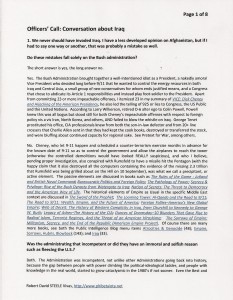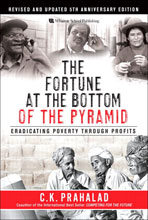If one takes the “battlefield” to include all challenges, not just the challenge of a battle in a singular time and place, then this search is the mother of all searches.
We like to use the analogy of sailboat racing, something we learned from a video, DVD: THE ART OF RACING SAILING. This DVD begins with an inspection of the hull of the sailboat out of the water and the point is that the race is often won or lost BEFORE THE RACE EVEN BEGINS. If you have failed to assure a correct hull; if you have failed to train, equip, and organize the right forces for the right mission, if you have failed to understand the historical, cultural, and geographical reality you are entering into a context with; then no amount of excellence on the field itself will prevail.
Continue reading “Search: Intelligence Preparation of the Battlefield”






